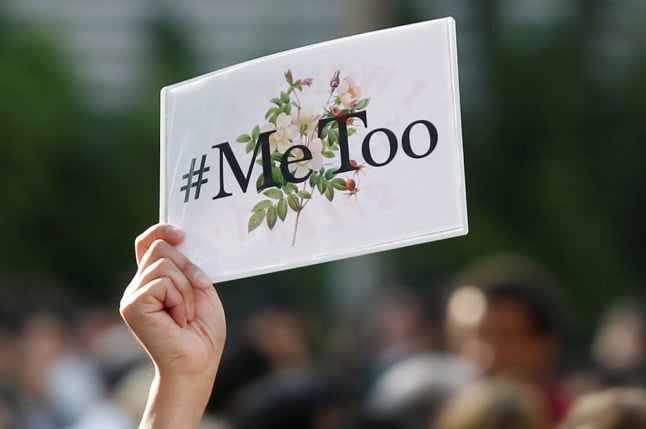“I feel I have to issue another statement to correct the false impression generated by my apology,” he said.
The statement also said he was withdrawing from “La Traviata” at Madrid's Teatro Real and would do the same with any theatre or opera house “that might have difficulties” with his presence.
The statement came two days after the 79-year-old, who faces multiple allegations of sexual harassment, apologised for “the hurt” caused to his accusers, saying he accepted “full responsibility” for his actions.
At least 20 women have accused Domingo of forcibly kissing, grabbing or fondling them in incidents dating back to the 1980s, and on Tuesday, the AGMA union said an internal probe found the storied tenor-turned-baritone had engaged in a pattern of “inappropriate activity”.
But the Spanish megastar, whose initial apology did not specifically confirm any of the allegations, on Thursday insisted his words had been misunderstood.
“I know what I haven't done and I will deny it again. I never behaved aggressively with anyone and I have never done anything to obstruct or impede anyone's career,” he said.
On the contrary, over his five decades in opera he had worked “to promote the career of a myriad of singers”.
“My apology was sincere and from the bottom of my heart to any colleagues whom I could have hurt in any way by something I said or did. As I have demonstrated on many occasions, it was never my attention to hurt or offend anyone.”
READ MORE:
- Placido Domingo: Opera star 'truly sorry' over sex harassment
- Spain cancels Placido Domingo show over sexual harassment scandal
Backlash in Spain
Until now, Domingo's career has been less affected by the scandal in Europe.
But following Tuesday's apology, things have moved rapidly in his native Spain, with the culture ministry cancelling his appearance in two May performances at Madrid's Zarzuela Theatre “in solidarity with the affected women”.
“Until now, the situation was different, there was a presumption of innocence,” Culture Minister Jose Manuel Rodríguez Uribes told reporters on Wednesday.
“But at the point when he said it actually happened — and we're talking about serious incidents involving many women — we decided we couldn't go ahead with him present and we told him.”
Madrid's Teatro Real confirmed Thursday that Domingo would not be participating in any of its upcoming performances of Verdi's “La Traviata”.
“Placido Domingo will not be participating in the next production of La Traviata in May,” a theatre statement said, its website showing he was to have performed five times between May 9th-23rd.
“The Teatro Real reaffirms its policy of zero tolerance towards harassment and abuse of any nature, and its continuing solidarity with the victims.”
Also Thursday, the prestigious Ubeda festival of international music and dance in southern Spain cancelled Domingo's appearance on May 3rd in light of Tuesday's “informative events”.
US career over
The accusations first began to surface in August. Two months later, Domingo stepped down from the Los Angeles Opera and from all future performances at New York's Metropolitan Opera, effectively ending his US career.
Several women said Domingo tried to pressure them into sexual relationships by dangling jobs, and then sometimes punished them professionally when they refused his advances.
Domingo's statement came a day after former Hollywood mogul Harvey Weinstein was convicted of rape and sexual assault in a case that sparked a global reckoning over men who abuse positions of power.
One of the most recognised tenors of the 20th century, Domingo has been a director and conductor at some of the world's most prestigious opera houses.
Although the allegations largely drew a line under his US career, the opera giant has performed in Austria, Hungary and Russia, and still has a string of upcoming concerts in place, including a Hamburg performance on March 22nd.
READ ALSO OPINION: Why it's more important than ever to stand up for women’s rights in Spain



 Please whitelist us to continue reading.
Please whitelist us to continue reading.
Member comments